

The audience was not limited to executives in the segment, but also attracted professionals from large Brazilian banks, such as BTG Pactual and Bradesco, which, apparently, have started to pay more attention to the gaming industry due to the business potential that the activity represents.
At the opening of the “Girando a Roda da Fortuna" (Spinning the Wheel of Fortune) event, the president of the Special Committee on Sports, Lottery and Entertainment Law of the OAB-RJ, Paulo Horn, highlighted the opportunity for the debate, since the Prizes and Betting Department of the Ministry of Finance concluded the regulatory agenda with the publication of the latest regulatory ordinances.
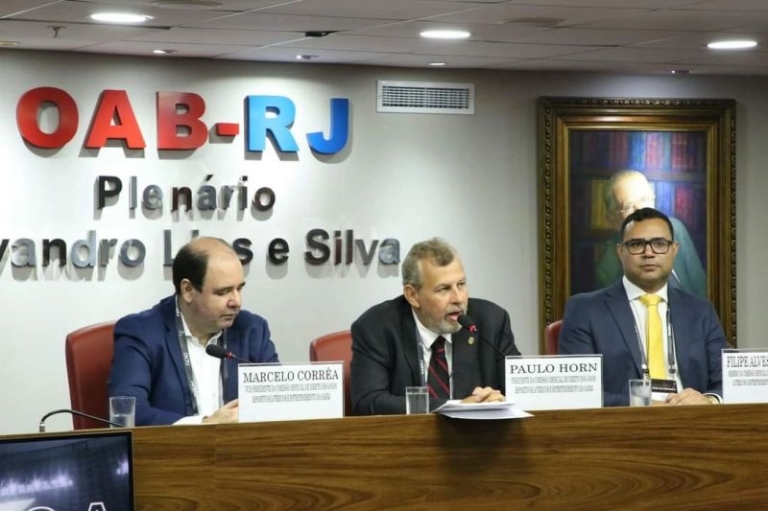
“Brazil cannot do without clear rules for the activity and everyone involved needs to understand their rights and know their obligations, in order to contribute to a healthy sector,” commented Paulo Horn.
The vice-president of the Committee, Marcello Corrêa, was surprised by the answer to a question he asked about how many companies would apply for a license, now that the regulatory agenda has been fulfilled. The audience responded somewhere between 30 and 50 companies, which may demonstrate the lack of confidence, at least for now, in the appropriate model.
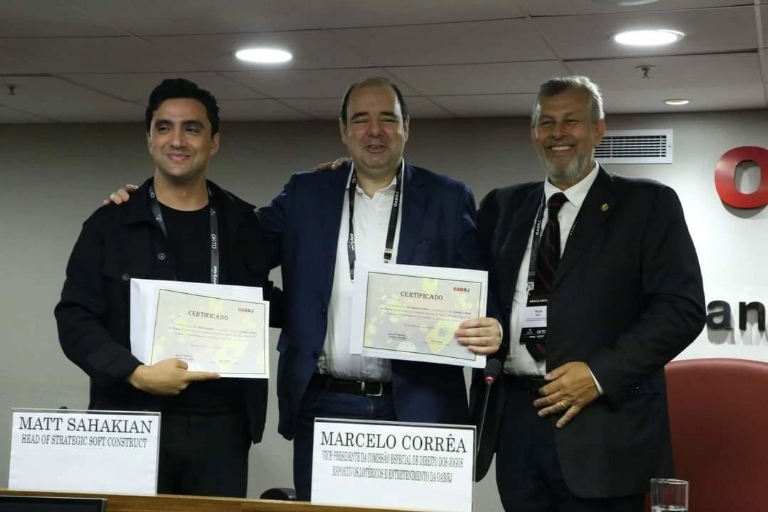
The executive's concern about the tax burden was clear, clearly explained in a panel on governance and taxation. The audience was warned about a tax rate that could exceed 60% in the current tax reform regulation process. Everyone was concerned about this, which could be one of the indications for the opinion that no more than 50 companies would be registered with the Treasury.
As a summary of the expectations, those present indicated that it is essential for the Ministry of Finance to act immediately so that the gaming industry in Brazil does not become a huge fiasco.
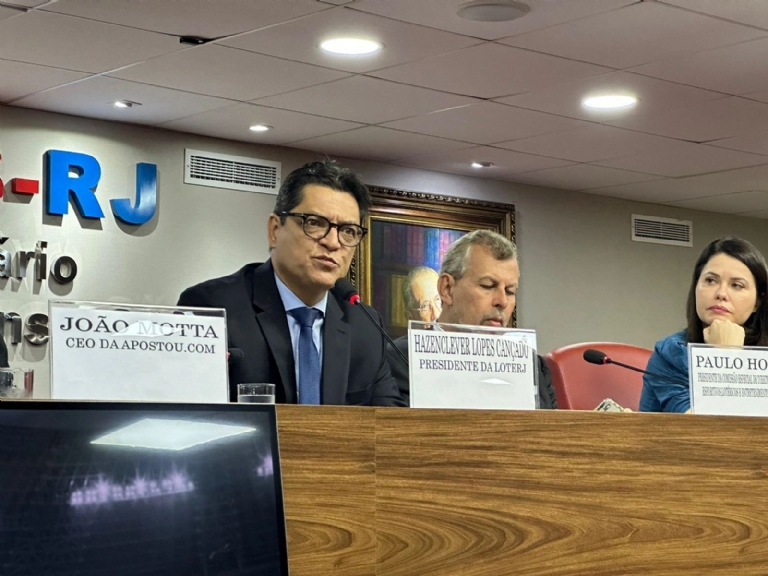
Another panel that generated heated debates included the participation of the president of Loterj, Hazenclever Lopes Cançado. With the measures that have been taken by the state agency of Rio de Janeiro, betting shops throughout Brazil have been blocked for not having a license from Loterj.
Using legal arguments – not all of them convincing for the participants – Hazenclever made it clear that the agency only complies with the provisions of the State Decree, which provides for sanctioning actions against unlicensed operators.
The president of Loterj defended the need to protect betting operators who acquired the state license in the name of combating unfair competition. He also reported that the government of the state of Rio de Janeiro has not yet officially stated its position on the advent of municipal lotteries.
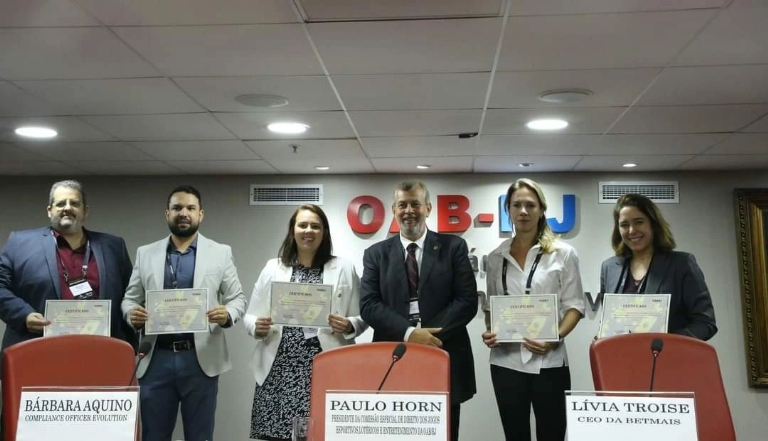
The public was concerned about the movement caused by Loterj and the risks – and losses – that the sanctions and especially the blocking of websites, which ended up not being restricted to Rio de Janeiro, are causing to the sector.
As expected, the Loterj issue raised controversy. Amilton Noble, executive director of Hebara and a participant in the panel, emphasized that the warlike climate established between the regulatory powers and the disaffection of Loterj with several companies in the market (betting, media companies, football clubs, etc.) is bad for the market by generating legal uncertainty.
Another point raised was the performance of municipal lotteries. Fernanda Carla, director of the Santa Catarina Lottery, said that she had not seen any initiatives by cities in Santa Catarina to launch a municipal lottery, and said she hoped that there would not be any.
On this topic, Amilton Noble recalled that the city of São Paulo is in the process of preparing a PMI with the prospect of operating in the market soon. Amilton emphasized that while there is discussion about whether or not a municipal lottery can be held, “the largest city in the country is doing so.”
Aspects such as compliance, responsible gaming, security and data protection were also discussed from the perspective of the constant search for improvements in all operations in Brazil starting in January 2025, when only licensed sites will be allowed to operate.
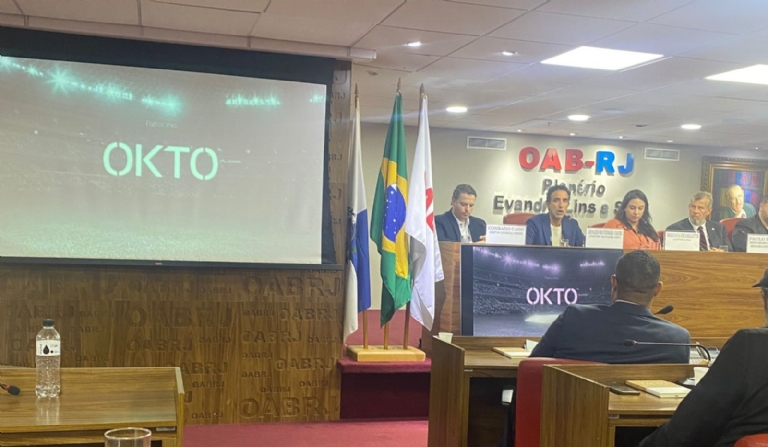
The Committee had behavioral experts to discuss how to identify and treat compulsive gamblers, demonstrating that the industry itself is working and getting involved in the fight against gambling addiction.
Topics related to advertising were also discussed, the prohibition of influencers promoting games as a means of social or financial projection and the importance of the sector itself, already self-regulated in terms of advertising, strictly following Annex X of the National Advertising Self-Regulation Council (Conar).
Regarding payment methods, the experts considered the regulations issued by the Ministry of Finance to be sound, with emphasis on the "KYC" tools, which will also be essential for the implementation of responsible gaming policies. With the participation of OKTO, Pay4Fun and PayMee, the discussions showed how much the payment methods segment is contributing to a transparent and safe activity, both for operators and bettors. The most discussed topics were the prevention of money laundering and combating the manipulation of results.
OKTO Brazil's country manager, Leonardo Montenegro, contributed with his participation in the panel 'The importance of corporate policies required by law 14.790/2023'. "At this event, we reaffirmed our commitment to security, compliance and compliance. We hope to have contributed significantly to this important meeting," said the executive.
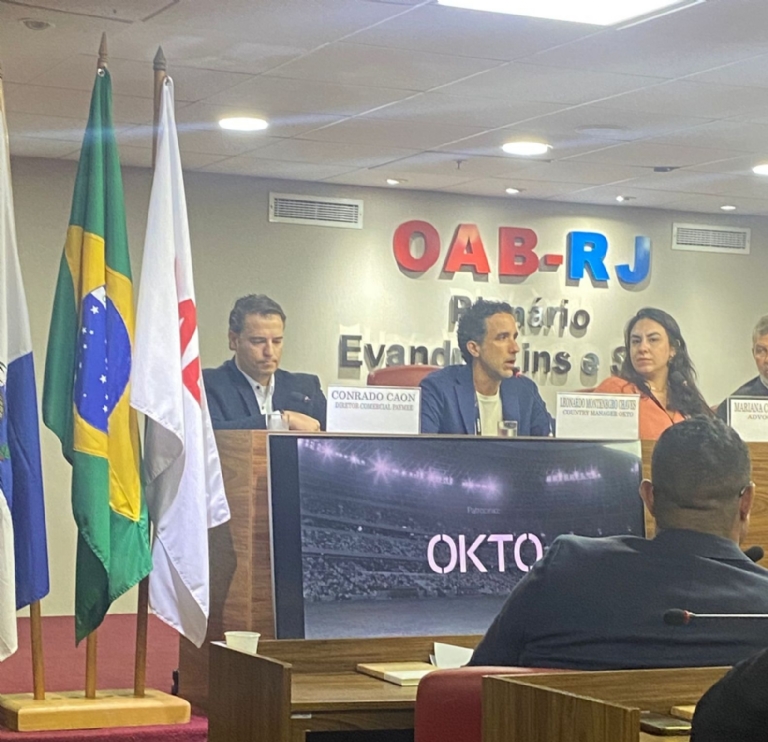
In general, the players left excited about the content presented at “Girando a Roda da Fortuna”, in its second edition, highlighting the contribution that the event made to the sector.
Livia Troise, CEO of Betmais, summed up the participants' feelings: "I would like to thank the OAB/RJ for the opportunity to participate in an open discussion about the initial impacts of regulating sports betting. It was a privilege to explore perspectives and challenges, and to hear the valuable considerations of colleagues who are deeply engaged in the topic. The exchange of ideas was very enriching."
Source: GMB